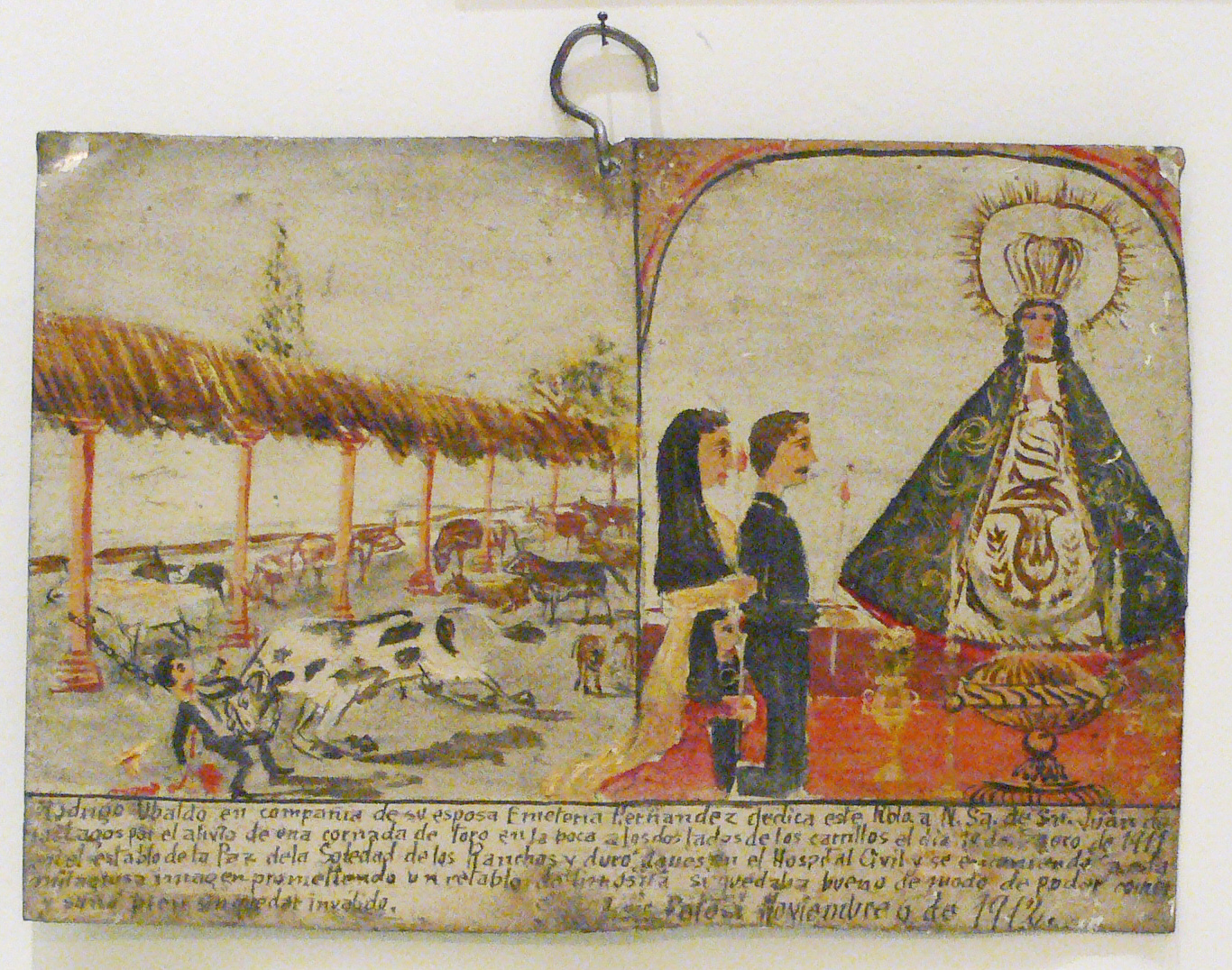|
Bull Of The Corcyreans
One of the most famous ex-votos in the sanctuary of Apollo in Delphi was the bronze bull dedicated by the citizens of Corfu in remembrance of a remarkable tuna fish catch. Description On the right hand side, straight after the entrance to the sanctuary of Delphi, one sees the base of the bull that the Corcyraeans dedicated at about 480 B.C., in order to commemorate an exceptionally good catch of tuna fish. The statue was made by the sculptor Theopropus from Aegina. According to Pausanias, a bull in Corfu every day abandoned the flock and went down to the seashore, moaning. The herdsman watched him and followed him, thus noticing that the sea was full of fish. He alerted his fellow citizens and they rushed to the seashore, but they couldn't get hold of the fish. Then, they sent an envoy to the Delphic oracle and, following her advice, they sacrificed a bull to Poseidon and then caught the fish. With the tithe of the revenues they acquired by selling the fish, the Corcyreans erected ... [...More Info...] [...Related Items...] OR: [Wikipedia] [Google] [Baidu] |
Ex-voto
An ex-voto is a votive offering to a saint or to a divinity; the term is usually restricted to Christian examples. It is given in fulfillment of a vow (hence the Latin term, short for ''ex voto suscepto'', "from the vow made") or in gratitude or devotion. Definition Ex-votos are placed in a church or chapel where the worshiper seeks grace or wishes to give thanks. The destinations of pilgrimages often include shrines decorated with ex-votos. Ex-votos can take a wide variety of forms. They are not only intended for the helping figure, but also as a testimony to later visitors of the received help. As such they may include texts explaining a miracle attributed to the helper, or symbols such as a painted or modeled reproduction of a miraculously healed body part, or a directly related item such as a crutch given by a person formerly lame. There are places where a very old tradition of depositing ex-votos existed, such as Abydos in ancient Egypt. Ex-voto paintings Especially in th ... [...More Info...] [...Related Items...] OR: [Wikipedia] [Google] [Baidu] |
Corfu
Corfu (, ) or Kerkyra ( el, Κέρκυρα, Kérkyra, , ; ; la, Corcyra.) is a Greek island in the Ionian Sea, of the Ionian Islands, and, including its small satellite islands, forms the margin of the northwestern frontier of Greece. The island is part of the Corfu regional unit, and is administered by three municipalities with the islands of Othonoi, Ereikoussa, and Mathraki.https://corfutvnews.gr/diaspasi-deite-tin-tropologia/ The principal city of the island (pop. 32,095) is also named Corfu. Corfu is home to the Ionian University. The island is bound up with the history of Greece from the beginnings of Greek mythology, and is marked by numerous battles and conquests. Ancient Korkyra took part in the Battle of Sybota which was a catalyst for the Peloponnesian War, and, according to Thucydides, the largest naval battle between Greek city states until that time. Thucydides also reports that Korkyra was one of the three great naval powers of fifth century BC Greece, alo ... [...More Info...] [...Related Items...] OR: [Wikipedia] [Google] [Baidu] |
Delphi Base Of Corcyrean Bull
Delphi (; ), in legend previously called Pytho (Πυθώ), in ancient times was a sacred precinct that served as the seat of Pythia, the major oracle who was consulted about important decisions throughout the ancient classical world. The oracle had origins in prehistory and it became international in character and also fostered sentiments of Greek nationality, even though the nation of Greece was centuries away from realization. The ancient Greeks considered the centre of the world to be in Delphi, marked by the stone monument known as the omphalos (navel). The sacred precinct of Ge or Gaia was in the region of Phocis, but its management had been taken away from the Phocians, who were trying to extort money from its visitors, and had been placed in the hands of an amphictyony, or committee of persons chosen mainly from Central Greece. According to the Suda, Delphi took its name from the Delphyne, the she-serpent ('' drakaina'') who lived there and was killed by the god Apoll ... [...More Info...] [...Related Items...] OR: [Wikipedia] [Google] [Baidu] |

